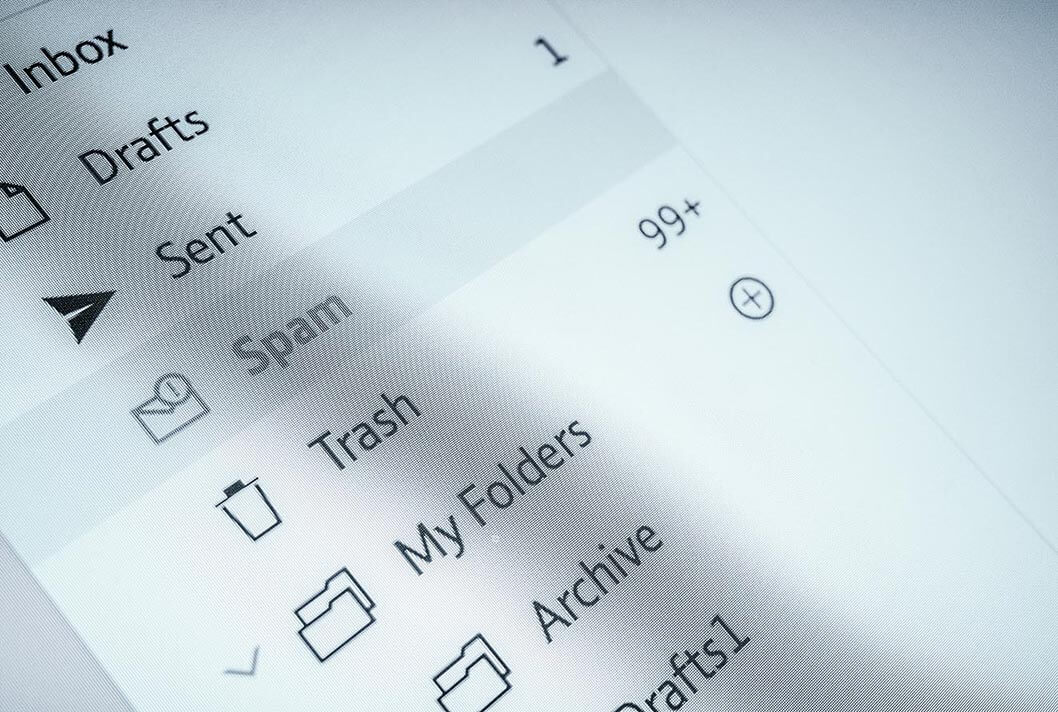Microsoft’s outbound email limit update: What enterprises need to know
The shift to tenant-based thresholds means limits will apply across all users within a single tenant.
Key Points
- What is the change? Microsoft is introducing tenant-based outbound email limits, which restrict the total number of emails a tenant can send daily, based on the number of licenses they hold.
- Why does it matter? Exceeding these limits may result in all outbound emails being paused, causing significant business disruption, especially for larger enterprises or those relying heavily on email for operations.
- How Mimecast can help: Mimecast enhances Office 365 email security, ensures compliance, and alleviates reliance on tenant limits by offering robust email solutions tailored to enterprise needs.
What is the change?
Starting in April 2025, Microsoft 365 began enforcing new tenant-based outbound email limits. Previously, Microsoft capped email sending at 2,000 emails per user daily. The shift to tenant-based thresholds means limits will now apply across all users within a single tenant.
Here is how the limits work:
- A tenant with one user license can send up to 10,000 emails per day to recipients.
- A tenant with 100,000 user licenses is capped at 1,590,639 daily recipient emails.
- If these limits are exceeded, the tenant’s outbound mail will be paused for a rolling 24-hour period, during which outgoing messages will bounce and remain undelivered.
This change centralizes outbound email usage across the entire organization. While small to mid-sized businesses may find the adjustment manageable, larger enterprises and high-volume email users may face challenges, particularly in bulk mailing, automated communications, or during organizational mergers.
Why does this matter?
Microsoft’s new limits could bring benefits; they also introduce risks that IT leaders need to manage carefully. These risks include:
- Operational disruptions: For larger organizations or sales-driven enterprises exceeding the limit, critical communications may be delayed or fail altogether.
- Automated system emails: Internal systems such as Salesforce event triggers or customer communication platforms relying on Microsoft could inadvertently cause a tenant-wide email outage.
- Bulk mail risks: If third-party services such as survey tools or marketing platforms route emails through Microsoft 365, they may exceed the thresholds unintentionally.
- Risk during organizational mergers: Enterprises undergoing mergers, which often involve email forwarding or migration rules, could unknowingly surpass daily limits while consolidating email traffic.
While these limits help Microsoft protect its architecture and sender reputation, they also raise concerns for enterprises reliant on high email volumes or operating in customer-centric industries where uninterrupted communication is crucial.
How Mimecast can help
At Mimecast, we recognize that email is central to how enterprises operate. That is why we offer solutions specifically designed to ensure resilience, security, and continuity beyond the standard Microsoft 365 framework.
Here’s how Mimecast supports businesses navigating these changes:
- Mitigation of tenant-based risks
- Enhanced Email Security
- Granular admin control
- Reliable bulk email routing
- Support during migrations
Learn more
With Microsoft’s new outbound email limits rolling out across tenants by April 2025, there is no time like the present to assess your organization’s email ecosystem. The first step is understanding your email traffic, auditing bulk mail services, and preparing for potential impacts on daily operations. Mimecast is here to help you ensure business continuity and optimize email functionality.
Learn how Mimecast enhances Microsoft Office 365 email security and provides meaningful benefits for enterprise organizations.
Subscribe to Cyber Resilience Insights for more articles like these
Get all the latest news and cybersecurity industry analysis delivered right to your inbox
Sign up successful
Thank you for signing up to receive updates from our blog
We will be in touch!

